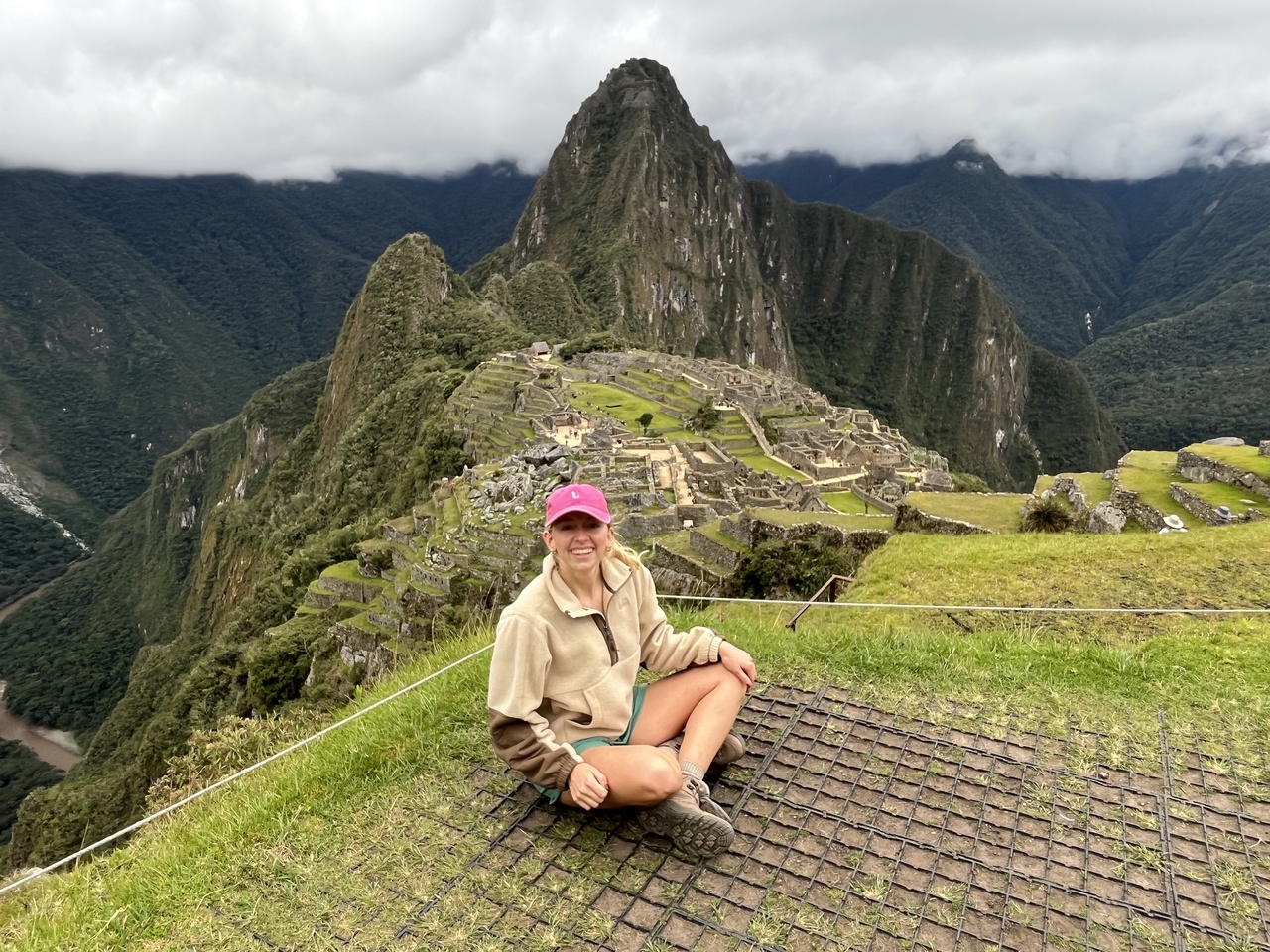Traveling abroad can be an exciting adventure filled with adventure and fun around every corner. At the same time, however, traveling can take a toll on your body and immune system. Whether you are traveling alone or in a group, you will have the most fun with the least risk to your health by being prepared prior to leaving your home. Here’s how:
Precautions Prior to Leaving
Before heading out on your grand adventure, make it a point to learn about where you are going. The CDC offers a resource that can show you specific health concerns to be aware of depending on the location of your vacation.
If you are going to a place that is relatively undeveloped or doesn’t have industrialized healthcare, do your research about the nonprofits in the area. These organizations help fill the gaps in governments and aid in disaster relief as well as help find solutions to local disease, lack of clean water, starvation etc. Going to a country with a strong nonprofit presence can give you a little relief to the care and security that is around you.
Be sure to see a doctor before heading anywhere overseas. Four to six weeks prior to your trip, visit a travel medicine clinic as they can answer any country specific questions you might have. Vaccination recommendations will depend on a lot of different factors like the country you plan to visit, the length of your stay, your age, medical history, current health, and your vaccine history. Your doctor will make sure you are up to date on your routine vaccines like measles and the flu. To ensure you receive the proper vaccinations, consider visiting the CDC’s vaccinations page.
Consider if you will need medical travel insurance before taking off on your trip. It is strongly advised to travel with a comprehensive travel insurance plan. If you run into a medical emergency while abroad, you can expect to pay costly fees for doing so without insurance. Be sure that your plan covers all the places you will be visiting. Sometimes travel insurance plans only cover specific destinations, so if you find yourself outside of your travel boundaries, you may find yourself sick with no way to recoup in a cost effective manner.
Water Safety Precautions

If you are exploring the great outdoors on your adventure, be sure to avoid drinking water from lakes. Even though it may look clean, it could be contaminated with Giardia. If you need access to water, boil it before drinking to kill any bacteria.
Be sure to take precautions when swimming in freshwater ponds or rivers because it can expose you to certain diseases. In a lot of developing countries, sea water and rivers around populated areas may not be safe. Avoid swimming while you have an open cut or sore because it can greatly exacerbate your risk of getting either a bacteria or parasitic infection.
Be cognizant of waterborne illnesses, as Hepatitis A is a virus found in many countries. It is spread through contact with an infected person’s stool or water that has been infected with the virus. Outbreaks have even happened in the U.S. where infected restaurant employees failed to wash their hands after they use the restroom.
Being prepared to practice safe water and food handling while traveling is the best way to prevent getting sick while traveling. For example, never drink tap water if you believe it has not been properly treated. On the same note, avoid brushing your teeth with tap water, and be sure to boil any water before drinking it. The safest way to stay hydrated on the road is drinking closed bottles of water, juice, or soft drinks.
Precautions When Choosing Food

Infections from food can cause symptoms as mild as travelers’ diarrhea and as serious as typhoid fever. The World Health Organization estimates that at least 2 million people die every year from contaminated food or drinking water infected with parasites, bacteria, chemicals, or viruses.
For this reason, avoid eating raw foods when traveling. Specifically avoid raw fruits, vegetables, and meat. Avoid salads or veggies that have been cut up. When you do eat, make sure that you only eat steaming hot, well-cooked food.
Avoid eating street food because vendors in developing countries are not held to the same hygiene standards as restaurants are. If you do choose to eat street food, make sure to follow the above rules when eating in another country.
Never eat bushmeat or local wild game when traveling. This can include rodents, bats, monkeys, etc. These types of meat can be a source of animal-originated infections like Ebola, so for safety it’s best to avoid.
Protect Yourself From Bugs

It’s important to avoid bug bites at all costs. You may run into insects like ticks or the tsetse fly found in Africa that can transmit dangerous infections and diseases. Mosquitoes, fleas, and flies all have the ability to spread diseases. Infections like malaria, West Nile virus, Zika virus, and dengue fever are transmitted into the blood through insect bites.
To protect yourself, be aware of the bugs that you will face on your trip. Use an insect repellent containing DEET on your skin at all times to prevent bites. At night, sleep under a net to keep bugs from biting you while you sleep.
If you are pregnant and traveling to Asian countries, you should be extra prepared to fight bugs. You should plan on wearing insect repellent and clothing to cover the entire body. Pay special attention to precautionary measures during dusk and dawn. This is when mosquitoes bite the most.
Traveling is about the grand adventure of it all — not about recovering from a bacterial or parasitic infection. By focusing on your health prior to leaving, you will not only have a less worrisome trip, but you are bound to feel less stressed and more in control if emergency strikes.




.avif)

























